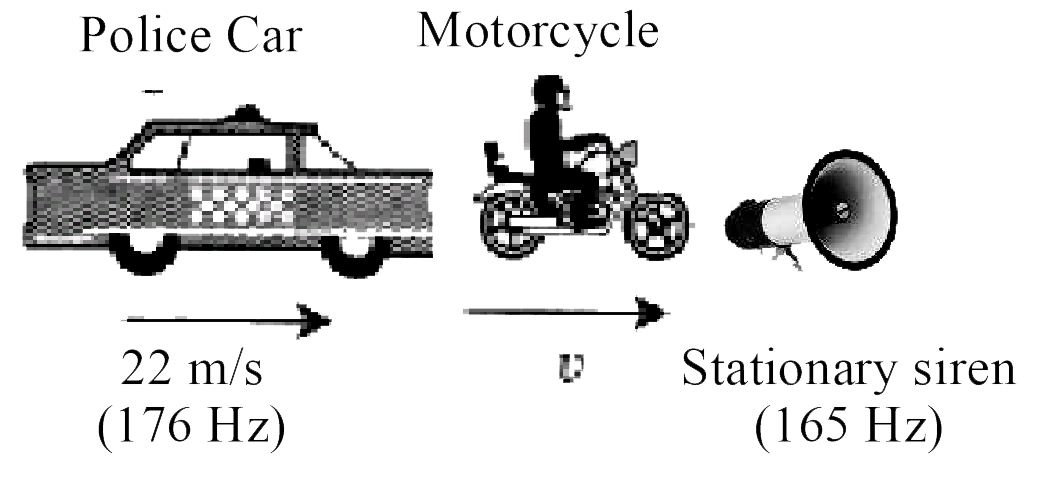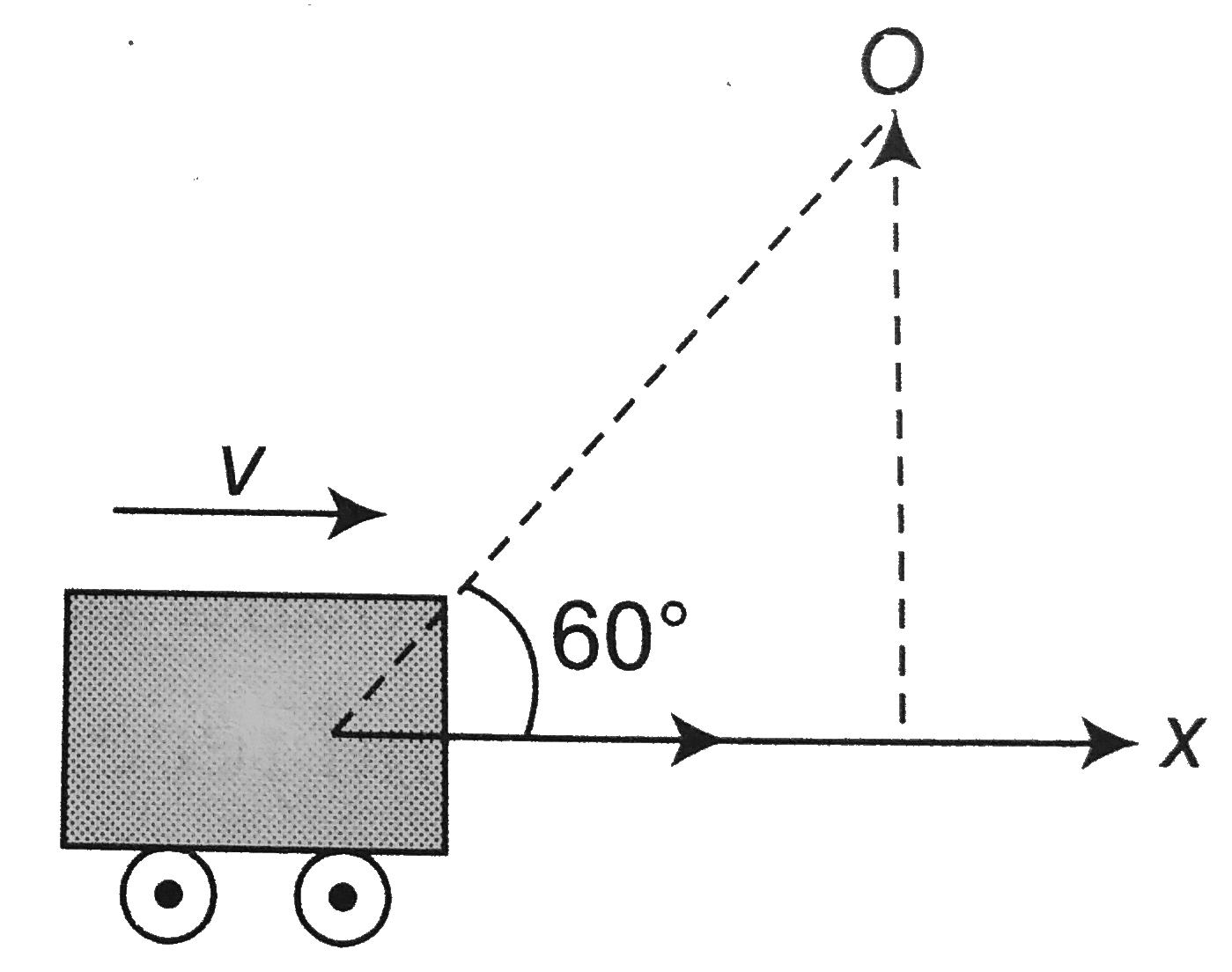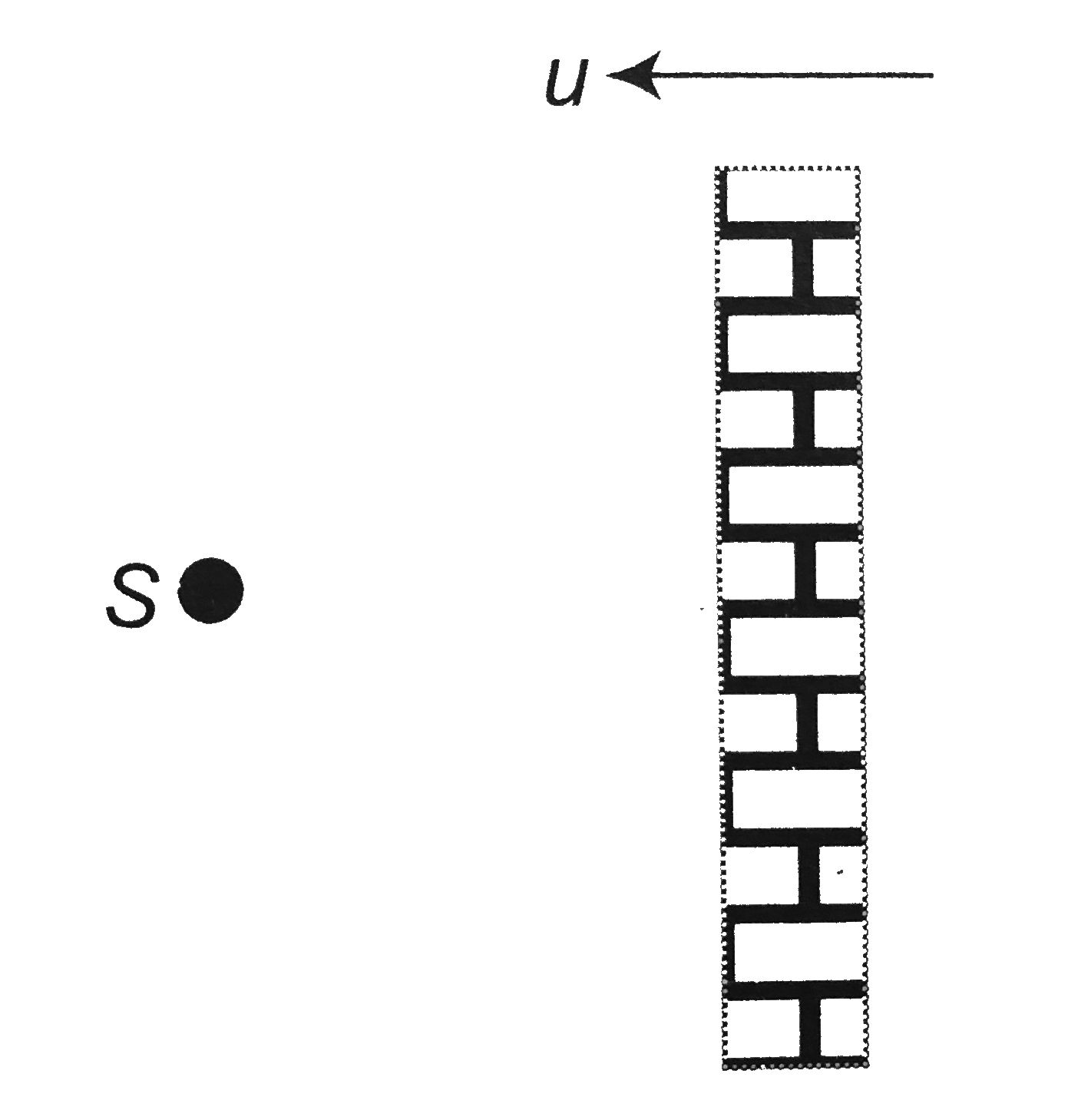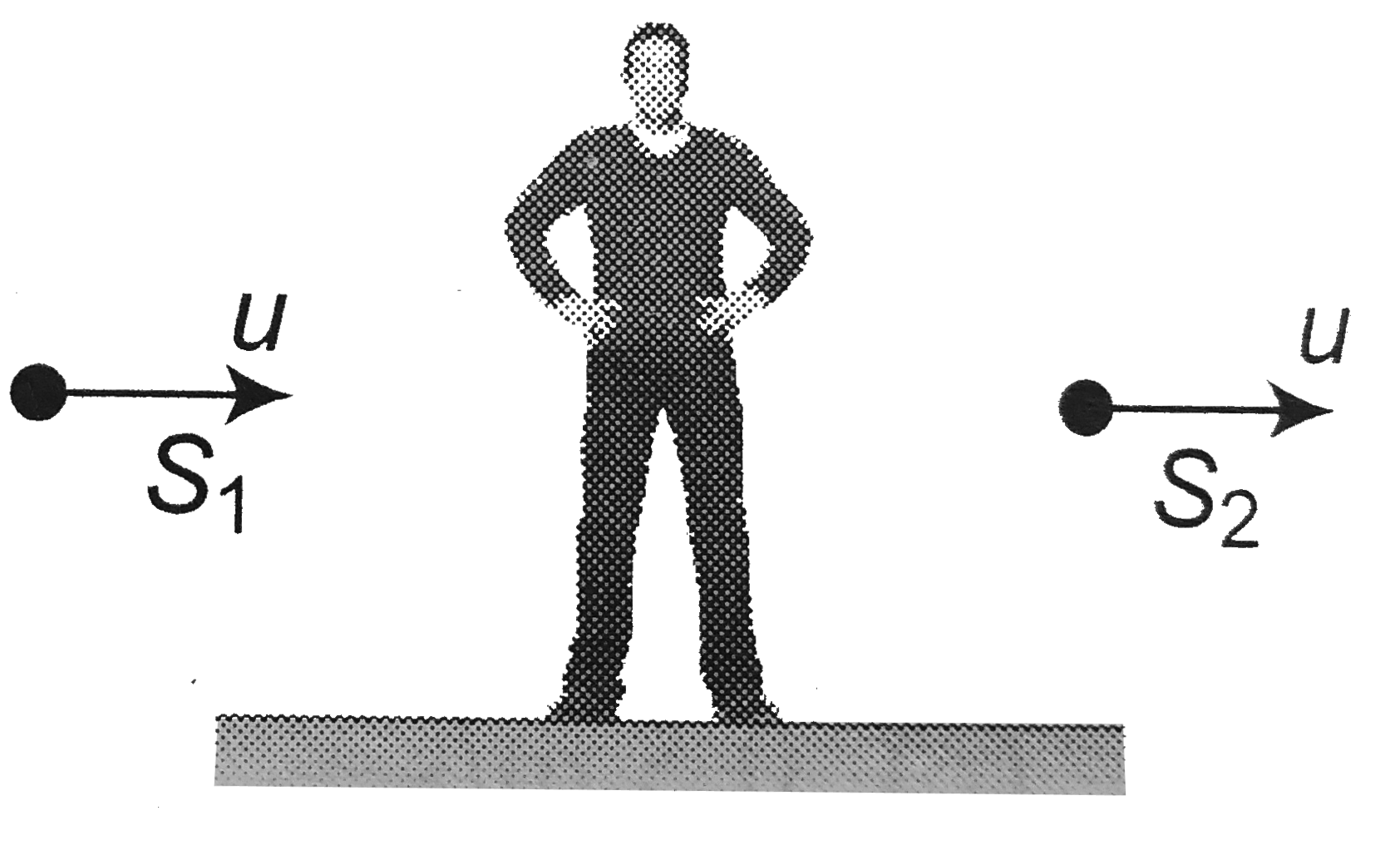Vibration Of Air Column from A2Z PHYSICS (HINGLISH) WAVES AND ACOUSTICS for Class 11
| Class 11 | PHYSICS |
| Chapter | WAVES AND ACOUSTICS |
| A2Z PHYSICS (HINGLISH) | Vibration Of Air Column |
| Medium | English |
| Academic Year | 2023-2024 |
Question 11
Two small boats are 10m apart on a lake. Each pops up and down with a period of 4.0 seconds due to wave motion on the surface of water. When one boat is at its highest point, the other boat is its lowest point. Both boats are always within a single cycle of the waves. The speed of the waves is:View SolutionQuestion 13
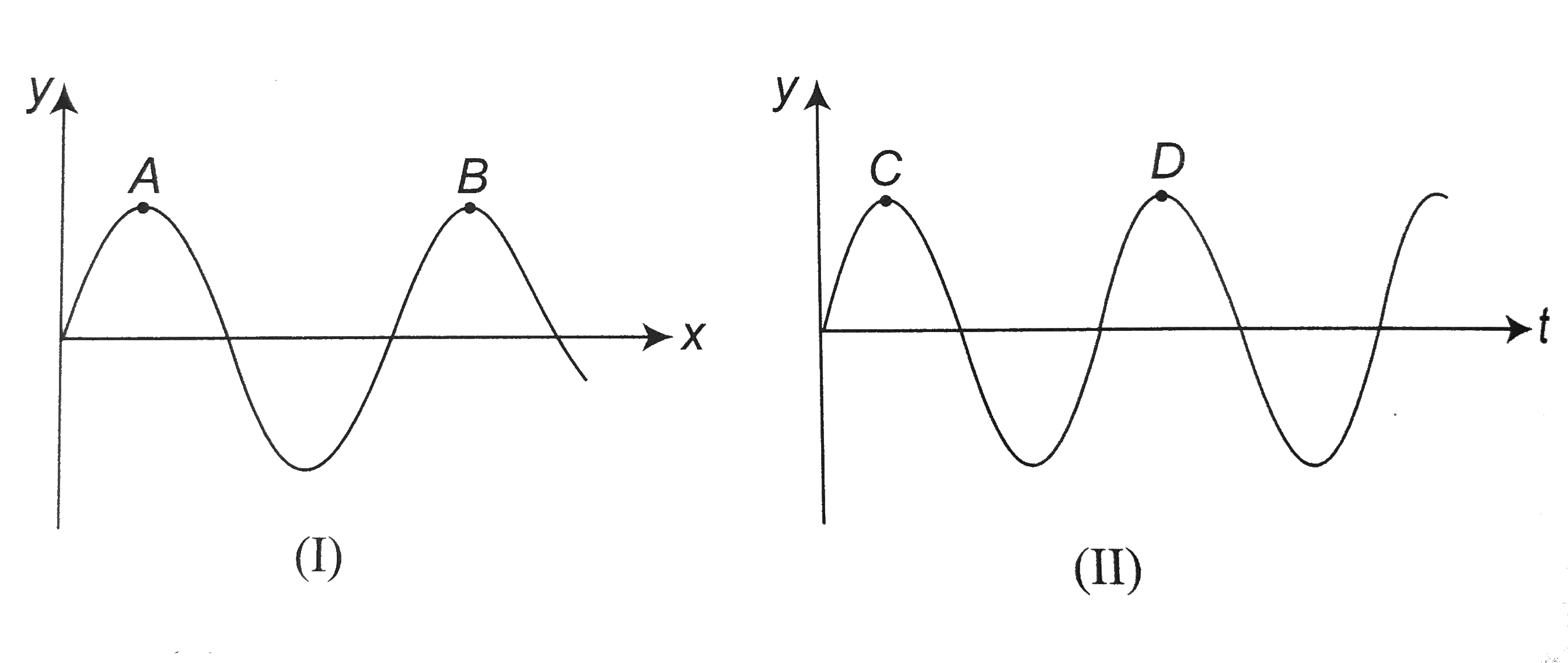
The same progressive wave is represented by two graphs I and II. Graph I shows how the displacement y varies with the distance x along the wave at a given time. Graph II shows how y varies with time t at a given point on the wave. The ratio of measurements AB to CD, marked on the curves represents:View SolutionQuestion 26
A wave moving with constant speed on a uniform string passes the point x=0 with amplitude A0, angular frequency ω0 and average rate of energy transfer P0. As the wave travels down the string it gradually loses energy and at the point x=l, the average rate of energy transfer becomes half. At the point x=l. Angular frequency and amplitude are respectively:View SolutionQuestion 31
A 100Hz sinusoidal wave is travelling in the positive x-direction along a string with a linear mass density of 3.5×10−3kg/m and a tension of 35N. At time t=0, the point x=0 , has maximum displacement in the positive y-direction. Next when this point has zero displacement, the slope of the string is π/20. Which of the following expression represent (s) the displacement of string as a function of x(in metre) and t (in second) View SolutionQuestion 32
Sinusoidal waves 5.00cm in amplitude are to be transmitted along a string having a linear mass density equal to 4.00×10−2kg/m. If the source can deliver a maximum power of 90W and the string is under a tension of 100N, then the highest frequency at which the source can operate is (take π2=10)View SolutionQuestion 35
Two sources of sound A and B produces the wave of 350Hz. They vibrate in the same phase. The particle P is vibrating under the influence of these two waves, if the amplitudes at the point P produced by the two waves is 0.3mm and 0.4mm then the resultant amplitude of the point P will be when AP−BP=25cm and the velocity of sound is 350m/sec.View SolutionQuestion 36
Two waves are propagating to the point P along a straight line produced by two sources A and B of simple harmonic and of equal frequency. The amplitude of every wave at P is a and the phase of A is ahead by π/3 than that of B and the distance AP is greater than BP by 50cm. Then the resultant amplitude at the point P will be if the wavelength is 1 meterView SolutionQuestion 43
In a large room, a person receives direct sound waves from a source 120 meters away from him. He also receives waves from the same source which reach him, being reflected from the 25 meter high ceiling at a point halfway between them. The two waves interfere constuctively for wavelength of View SolutionQuestion 44
Two speakers connected to the same source of fixed frequency are placed 2.0m apart in a box. A sensitive microphone placed at a distance of 4.0 m from their midpoint along the perpendicular bisector shows maximum response. The box is slowly rotated until the speakers are in line with the microphone. The distance between the midpoint of the speakers and the microphone remains unchanged. Exactly five maximum responses are observed in the microphone in doing this. the wavelength of the sound wave is View SolutionQuestion 45
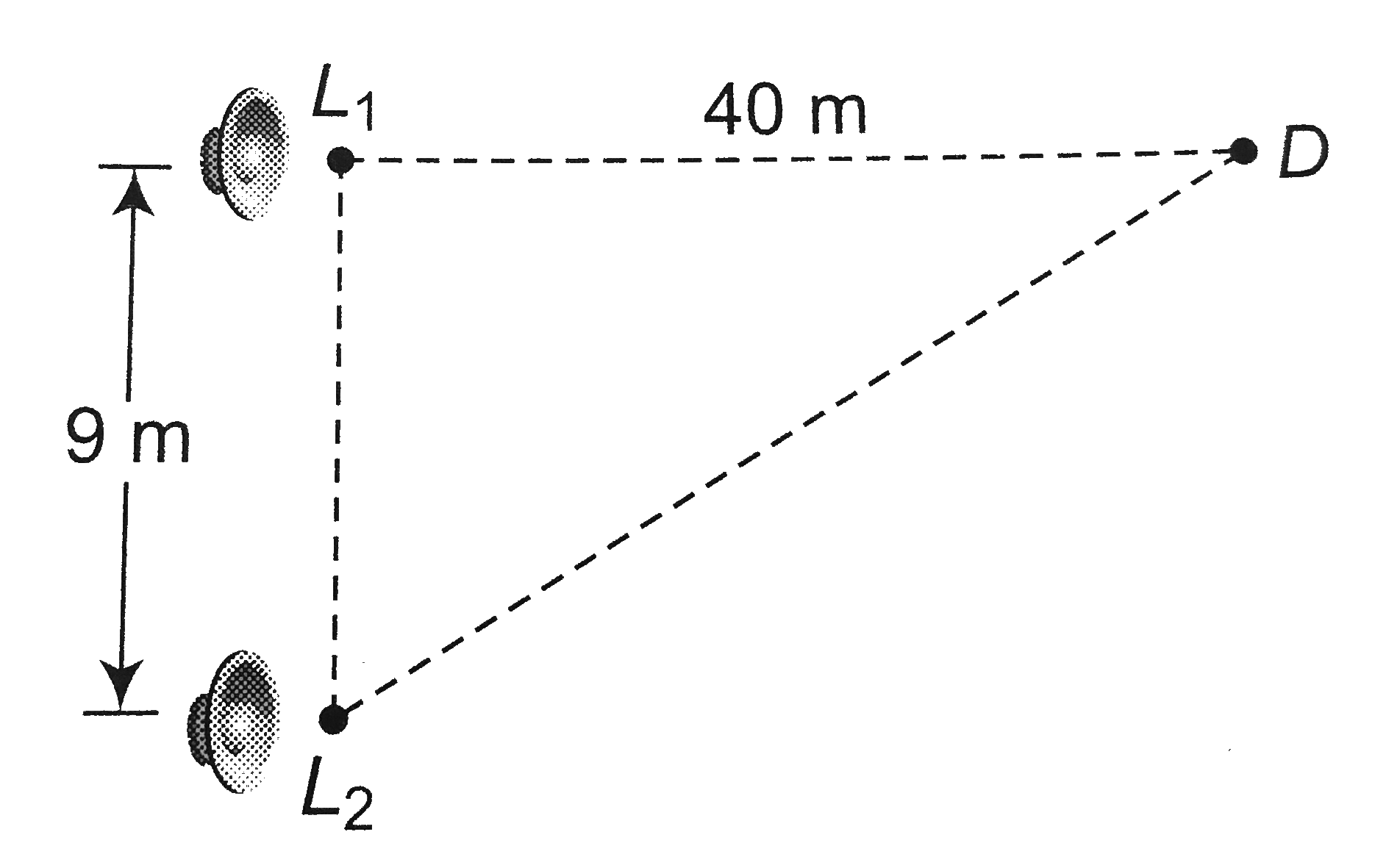
Two loudspeakers L1 and L2 driven by a common oscillator and amplifier, are arranged as shown. The frequency of the oscillator is gradually increased from zero and the detector at D records a series of maxima and minima. If the speed of sound is 330ms−1 then the frequency at which the first maximum is observed is View SolutionQuestion 51

When a wave pulse travelling in a string is reflected from rigid wall to which string is tied as shown in figure. For this situation two statements are given below.
(1) The reflected pulse will be in same orientation of incident pulse due to a phase change of π radians
(2) During reflection the wall exert a force on string in upward directionView SolutionQuestion 102
Two wires are fixed in a sanometer. Their tension are in the ratio 8:1 The lengths are in the ratio 36:35 The diameter are in the ratio 4:1 Densities of the materials are in the ratio 1:2 if the lower frequency in the setting is 360Hz. The beat frequency when the two wires are sounded together is View SolutionQuestion 116
A string is fixed at both ends. The tension in the string and density of the string are accurately known but the length and the radius of cross section of the string are known with some errorl If maximum errors made in the measurements of length and radius are 1% and 0.5% respectively them what is the maximum possible percentage error in the calculation of fundamental frequencyof the that string ?View SolutionQuestion 117
Two vibrating string of same length, same cross section area and stretched to same tension is made of materials with densities ρ and 2ρ. Each string is fixed at both ends If v0 represents the fundamental mode of vibration of the one made with density ρ and v2 for another Then v1/v2 is:View SolutionQuestion 121
Two parts of sonometer wire, divided by a movable knife edge differ in length by 2 cm and produce 1 beat/s when sounded together. Assume fundamental frequencies. If the total length of the wire is 100 cm. The frequencies. If the total length of the wire is 100 cm. The frequencies of the two parts of the wire are View SolutionQuestion 132
A glass tube 1.5m long and open at both ends, is immersed vertically in a water tank completely. A tuning fork of 660 Hz is vibrated and kept at the upper and of the tube and the tube is gradually raised out of water the total number of resonances heard before the tube comes out of water taking velocity of sound air 330m/s is View SolutionQuestion 140
An open organ pipe containing air resonates in fundamental mode due to a tuning fork. The measured values of length l (in cm) of the pipe and radius r (in cm) of the pipe are l=94±0.1,r=5±0.05. The velocity of the sound in air is accurately known. The maximum percentage error in the measurement of the frequency of that tuning fork by this experiment will beView SolutionQuestion 152
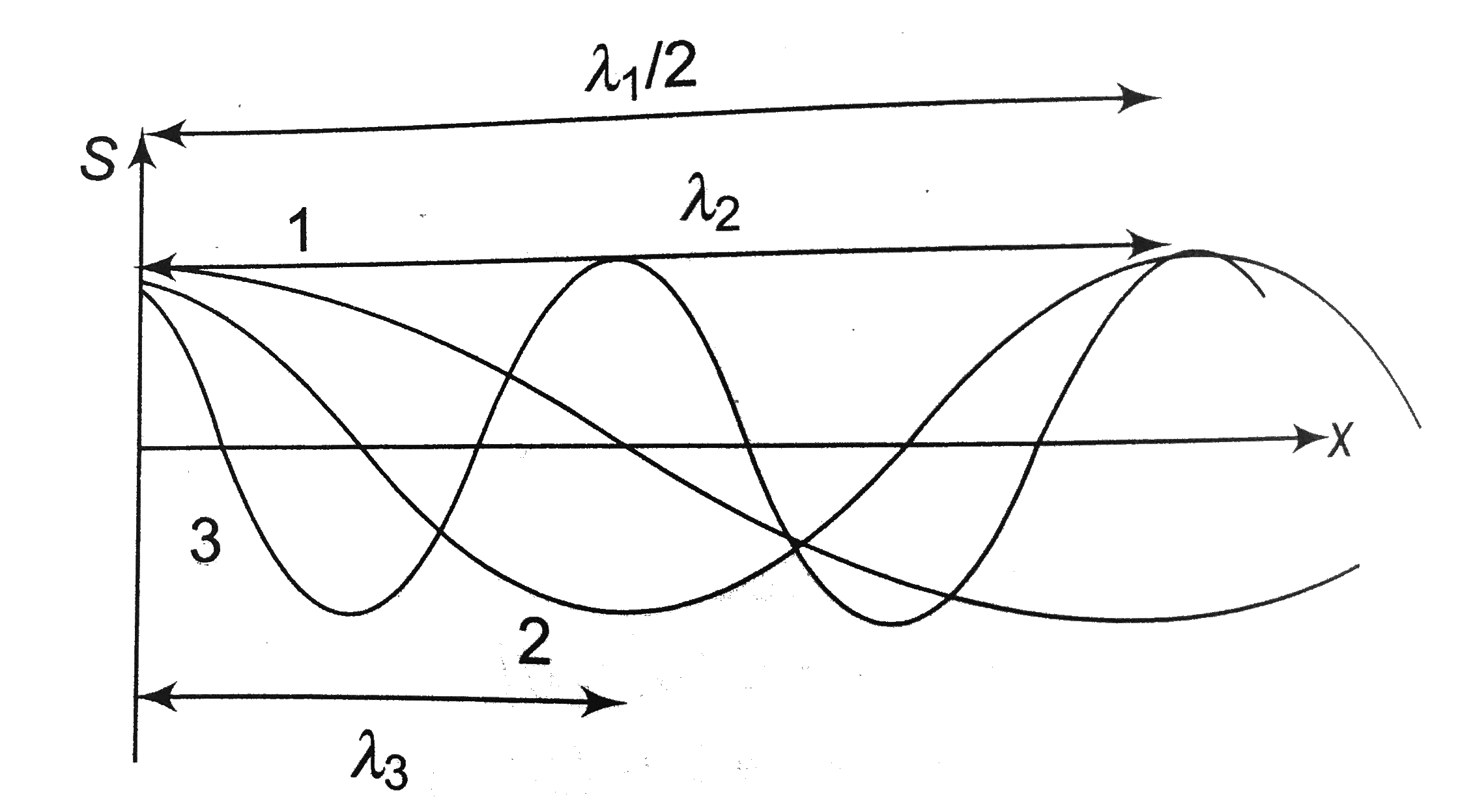
Figure shown is a graph at a certain time t, of the displacement function S(x,t) of three sound waves 1,2 and 3 as marked on the curves that travel along x-axis through air. If P1,P2 and P3 represent their pressure amplitudes respectively then contact relation between them is:View SolutionQuestion 168
The faintest sound the human ear can detect at a frequency of kHz (for which ear is most sensitive) corresponds to an intensity of about 10−12w/m2. Assuming the density of air ≅1.5kg/m3 and velocity of sound in air ≅300m/s, the pressure amplitude and displacement amplitude of the sound will be rspectively ____N/m2 and ____m.View SolutionQuestion 169
A straight line source of sound of length L=10m, emits a pulse of sound energy (in mW) is intercepted by an acoustic cylindrical detector of surface area 2.4cm2. Located at a perpendicular distance 7 m from the source ? The waves reach perpenduculary at the surface of the detector. The total emiited by the source in the form of sound is 2.2×104W. (use π=22/7)View SolutionQuestion 175
A curve is plotted to represenet the dependence of the ratio of the received frequency f to the frequency f0 emitted by the source on the ratio of the speed of obsever Vob to the speed of sound Vsound in a situation in which an observer is moving towards a stationary sound source. The curve is best represnted by :View SolutionQuestion 178
A source sound is moving with constant velocity of 20m/s emitting a note of frequency 1000Hz. The ratio of frequencies observed by a stationary observer while the source approaching him and after it crosses him will be source is approaching him and after it crosses him will be View SolutionQuestion 186
The apparent frequency of a note is 200 Hz when a listener is moving with a velocity of 40 ms−1 towards a stationary source. When he moves away from the same source with the same speed, the apparent frequency of the same note is 160 Hz. The velocity of sound in air (in m/s) is :- View SolutionQuestion 187
The difference between the apparent frequency of a sound of soun as perceived by an observer during its approach and recession is 2% of the natural frequency of the source. If the velocity of sound in air is 300m/s, the velocity of the source is (It is given that velocity of source ltlt velocity of sound )View SolutionQuestion 188
Two cars are moving on two perpendicular road towards a crossing with uniform speeds of 72km/h and 3km/h. If first car blows horn of frequency 280 Hz, then the frequency of horn heard by the driver of second car when line joining the cars make 45∘ angle with the roads, will beView SolutionQuestion 190
A stationary observer receives sonic oscillations from two tuning forks one of which approaches and the other recedes with the same velocity. As this takes place, the observer hears the beats of frequency f=2.0HZ. Find the velocity of each tuning fork if their oscillation frequency is fo=680HZ and the velocity of sound in air is υ=340m/s. View SolutionQuestion 194
A train is passing by a platform at a constant speed of 40m/s. The train horn is sounded at a frequency of 378Hz. Find the overall change in frequency as detected by a person standing on the platform, as the train moves from approaching to receding. (Take velocity of sound in air as 320m/s).View SolutionQuestion 200
A steel wire of length 1m, mass 0.1kg and uniform cross-sectional area 10−6m2 is rigidly fixed at both ends. The temperature of the wire is lowered by 20∘C. If transverse waves are set up by plucking the string in the middle.Calculate the frequency of the fundamental mode of vibration.
Given for steel Y=2×1011N/m2
α=1.21×10−5per∘C View SolutionQuestion 202
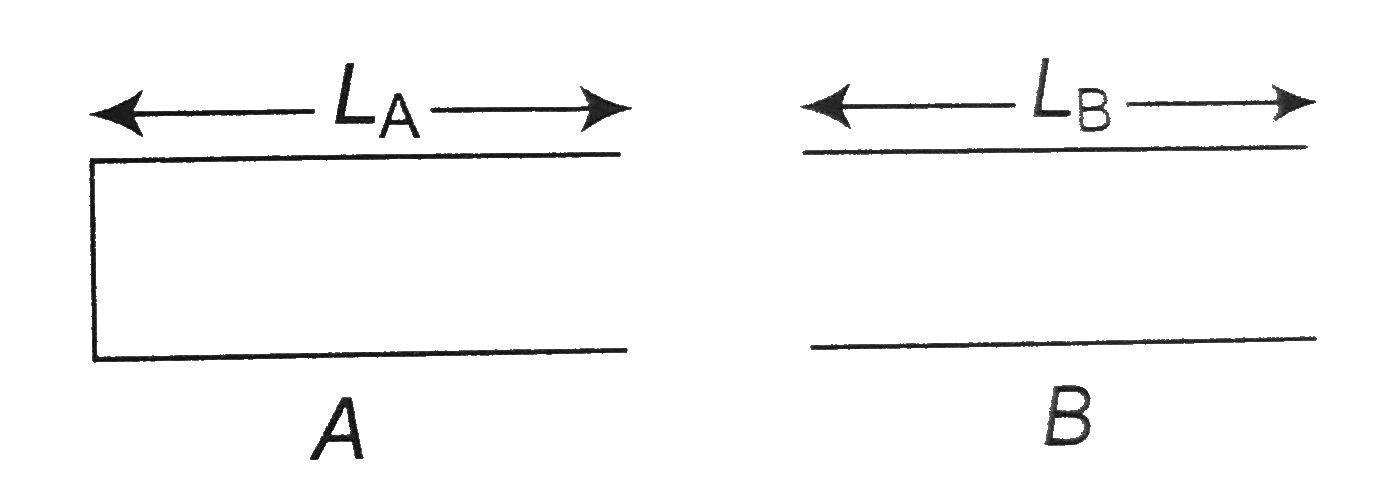
The two pipes are submerged in sea water, arranged as shown in figure. Pipe A with length LA=1.5m and one open end, contains a small sound source that sets up the standing wave with the second lowest resonant frequency of that pipe. Sound from pipe A sets up resonance in pipe B, which has both ends open. The resonance is at the second lowest resonant frequency of pipe B. The length of the pipe B is View SolutionQuestion 205
The string fixed at both ends has standing wave nodes for which distance between adjacent nodes is x1. The same string has another standing wave nodes for which distance between adjacent nodes is x2. If l is the length of the string then x2/x1=l(l+2x1). What is the difference in numbers of the loops in the two cases?View SolutionQuestion 210
A train has just completed a U-curve in a track which is a semi circle. The engine is at the forward end of the semi circular part of the track while the last carriage is at the rear end of the semi circular track. The driver blows a whistle of frequency 200 Hz. Velocity of sound is 340ms. Then the apparent frequency as observed by a passenger in the middle of the train, when the speed of the train is 30 m/s, is View SolutionQuestion 211
A sounding body emitting a frequency of 150HZ is dropped from a height. During its fall under gravity it crosses a balloon moving upwards with a constant velocity of 2m/s one second after it started to fall . The difference in the frequency observer by the man in balloon just before and just afer crossing the body will be (velocity of sound =300m/s, g=10m/s2)View SolutionQuestion 255
A train moving at a speed of 220ms−1 towards a stationary object emits a sound of frequency 1000 Hz. Some of the sound reaching the object gets reflected back to the train as echo. The frequency of the echo as detected by the driver of the train is (speed of sound in air is 330ms−1)View SolutionQuestion 263
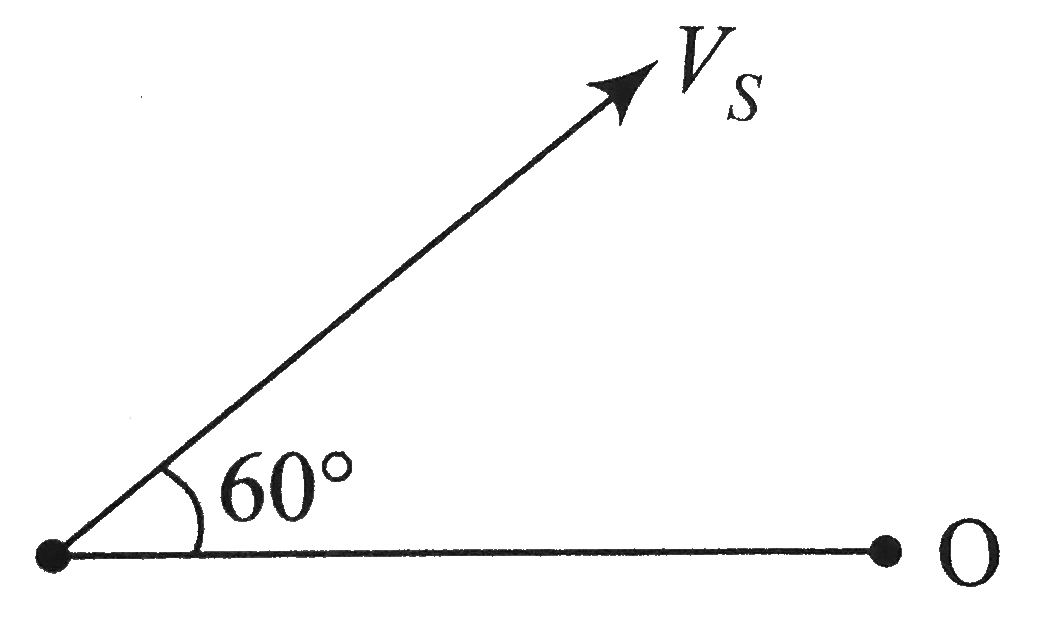
A source of sound S emitting waves of frequency 100Hz and an observer O are located at some distance from each other. The source is moving with a speed of 19.4ms−1 at an angle of 60∘ with the source observer line as shown in the figure. The observer is at rest. The apparent frequency observed by the observer (velocity of sound in air 330ms−1) is View SolutionQuestion 266
A uniform rope of length L and mass m1 hangs vertically from a rigid support. A block of mass m2 is attached to the free end of the rope. A transverse pulse of wavelength λ1 is produced at the lower end of the rope. The wavelength of the pulse when it reaches the top of the rope is λ2. The ratio λ2λ1 isView SolutionQuestion 272
A tuning fork is used to produce resonance in glass tuve. The length of the air column in the tube can be adjusted by a variable piston. At room temperature of 27∘C two succesive resonance are produced at 20 cm and 73 cm column length. If the frequency of the tuning fork is 320 Hz. the velocity of sound is air at 27∘C is View SolutionQuestion 287
Two waves are propagating to the point P along a straight line produced by two sources A and B of simple harmonic and of equal frequency. The amplitude of every wave at P is a and the phase of A is ahead by π/3 than that of B and the distance AP is greater than BP by 50cm. Then the resultant amplitude at the point P will be if the wavelength 1 meterView SolutionQuestion 293
A source of sound S is moving with a velocity of 50m/s towards a stationary observer. The observer measures the frequency of the source as 1000 Hz. What will be the apparent frequency of the source as 1000 Hz. What will be the apparent frequency of the source when it is moving away from the observer after crossing him? The velocity of the sound in the medium is 350m/sView SolutionQuestion 304
Asserion: When a beetle moves along the sand within a few tens of centimeters of a sand scorpion, the scorpion immedeately turn towards the beetle and dashes to it.
Reason: When a beetle disturbs the sand, it sends pulses along the sand surface one set of pulses in londitudinal while other set is transvers.View SolutionQuestion 319
A metal wire of linear mass density of 9.8g/m is stretched with a tension of 10kg−wt between two rigid support 1meter apart. The wire passes at its middle point between the poles of a permanent magnet, and it vibrates in resonance when carrying an alternating current of frequency n. the frequency n of the alternating source is View SolutionQuestion 321
A tuning fork of known frequency 256Hz makes 5 beats per second with the vibrating string of a piano. The beat frequency decreases to 2 beats per second when the tension in the piano string is slightly increased. The frequency of the piano string before increasing the tension wasView SolutionQuestion 332
Two vibrating strings of the same material but lengths L and 2L have radii 2r and r respectively. They are stretched under the same tension. Both the string vibrate in their fundamental nodes, the one of length L with freuqency v1 and the other with frequency v2. the ratio v1/v2 is given by View SolutionQuestion 335
A siren placed at a railway platform is emitting sound of frequency 5kHz. A passenger sitting in a moving train A records a frequency of 5.5kHz while the train approaches the siren. During his return journey in a different train B he records a frequency of 6.0kHz while approaching the same siren. the ratio the velocity of train B to that of train A is View SolutionQuestion 337
In the experiment for the determination of the speed of sound in air using the resonance column method, the length of the air column that resonates in the fundamental mode, with a tuning fork is 0.1m. When this length is changed to 0.35m, the same tuning fork resonates with the first overtone. Calculate the end correction.View SolutionQuestion 338
A closed organ pipe of length L and an open organ pipe contain gass of densities ρ1 and ρ2, respectively. The compressibility of gass are equal in both the pipes. Both the pipes are vibrating in their first overtone with same frequency . The length of the open orange pipe is
(a) L3
4l3
(c ) 4l3√ρ1ρ2
(d) 4l3√ρ2ρ1View SolutionQuestion 340
If in an experiment for determination of velocity of sound by resonance tube method using a tuning fork of 512Hz, first resonance was observed at30.7cm and second was obtained at 63.2cm, then maximum possible error in velocity of sound is (consider actual speed of sound in air is 332m//sView Solution
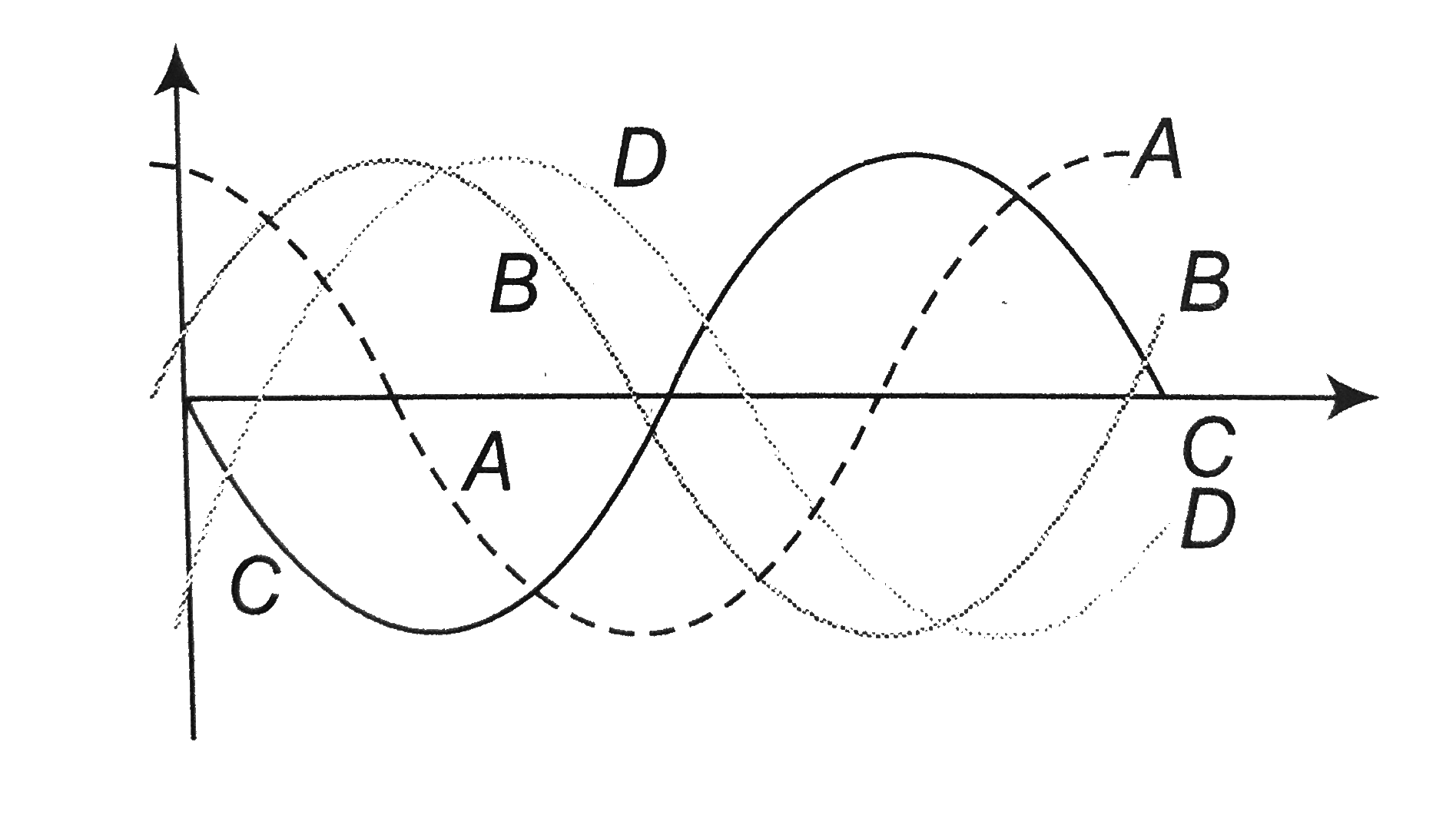 .
.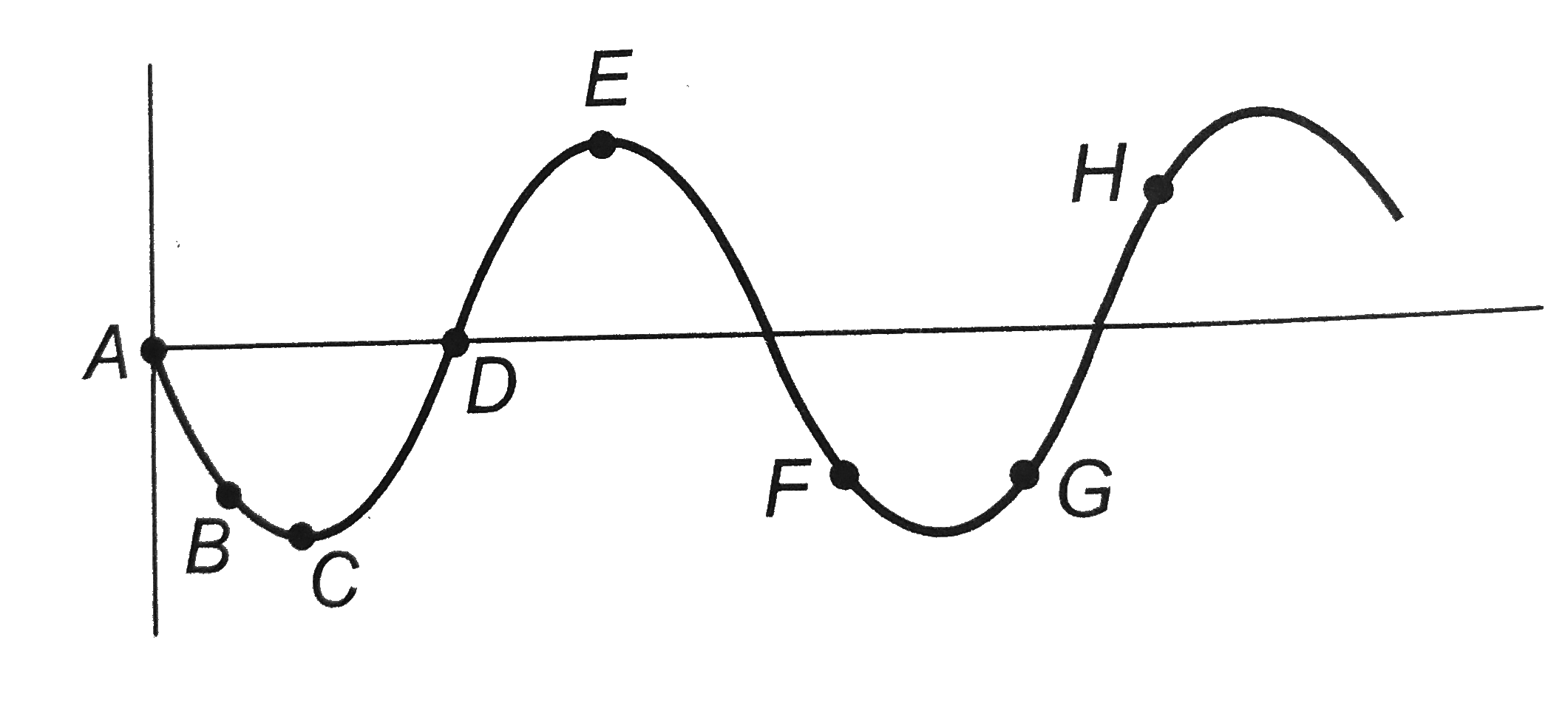 .
.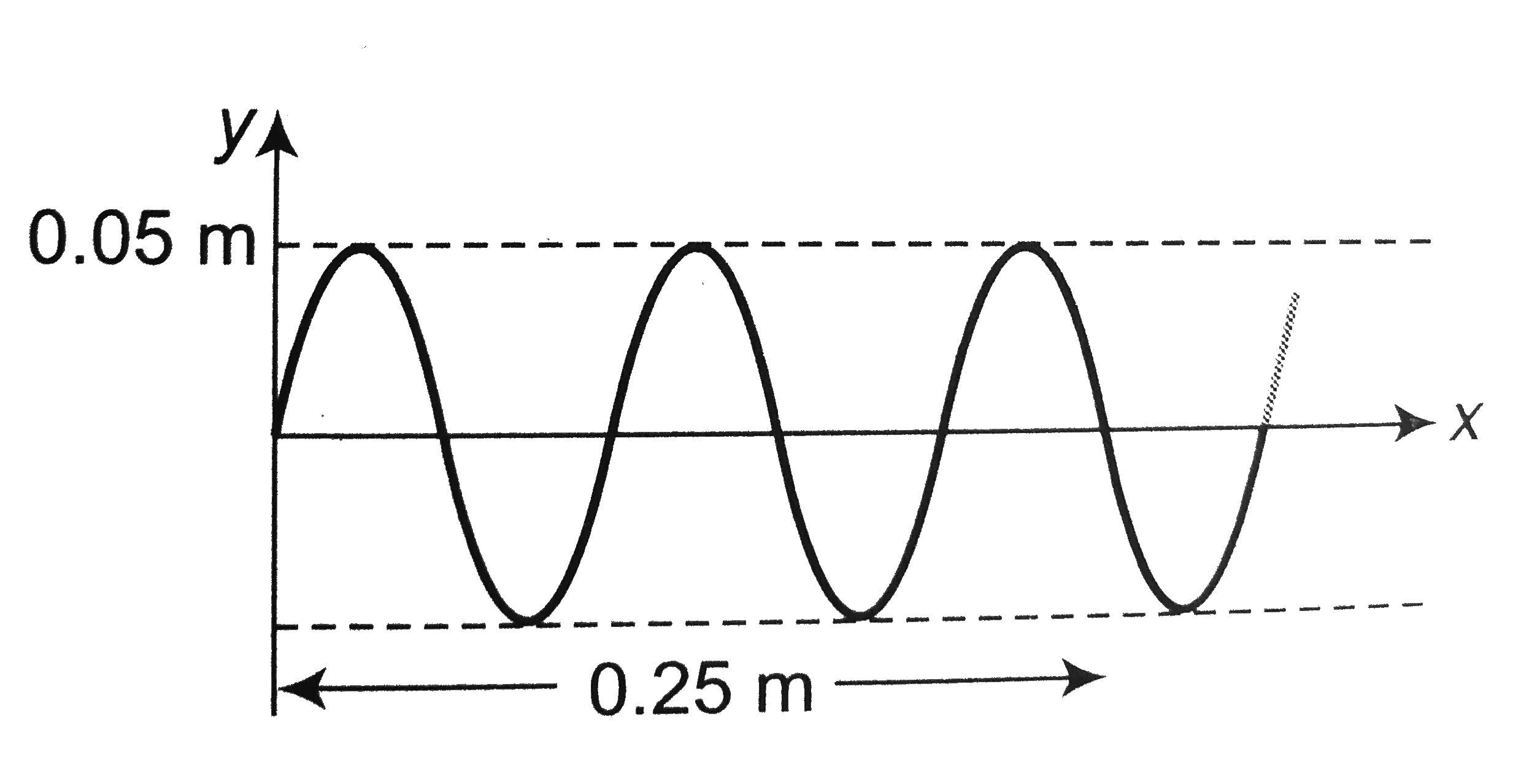
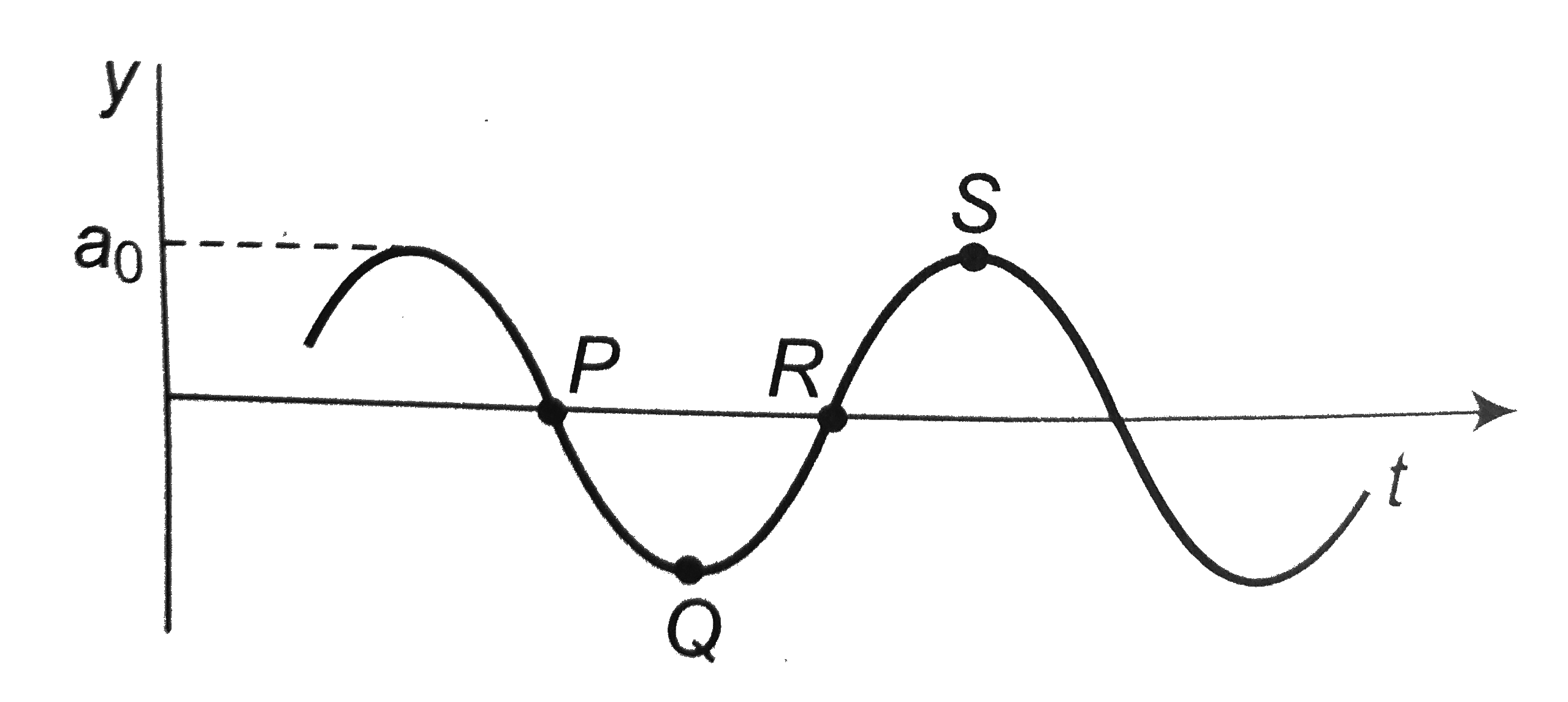

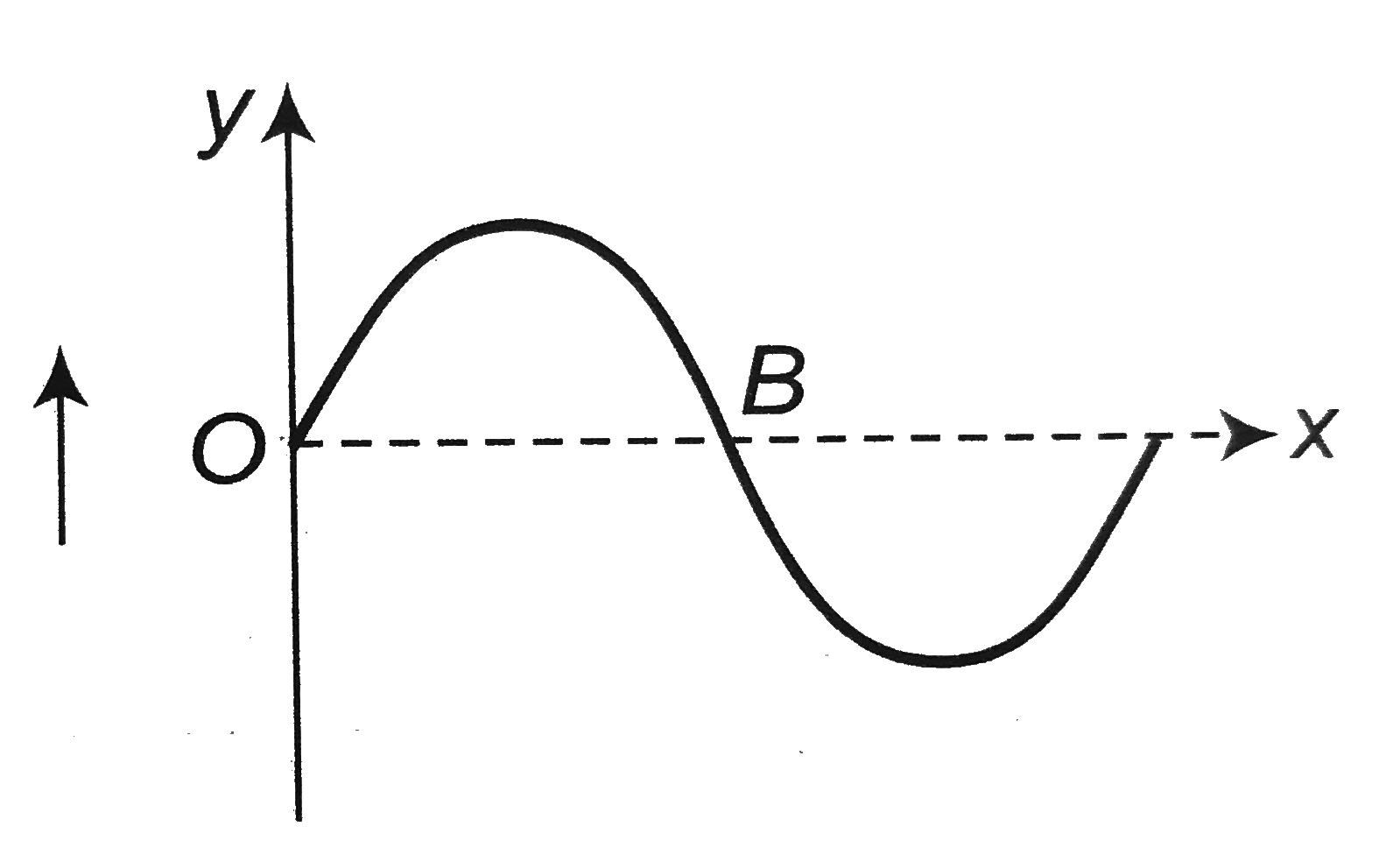
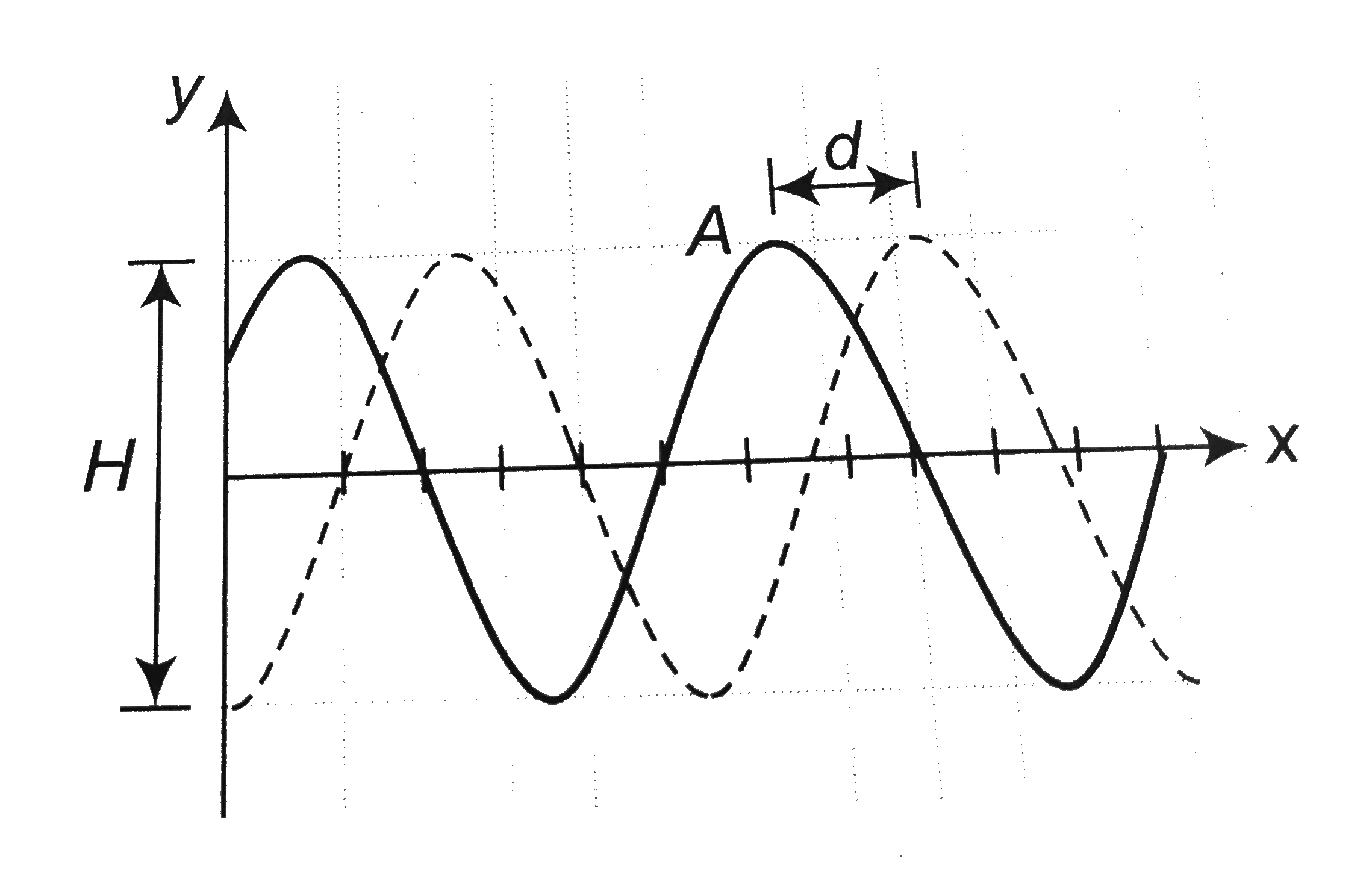
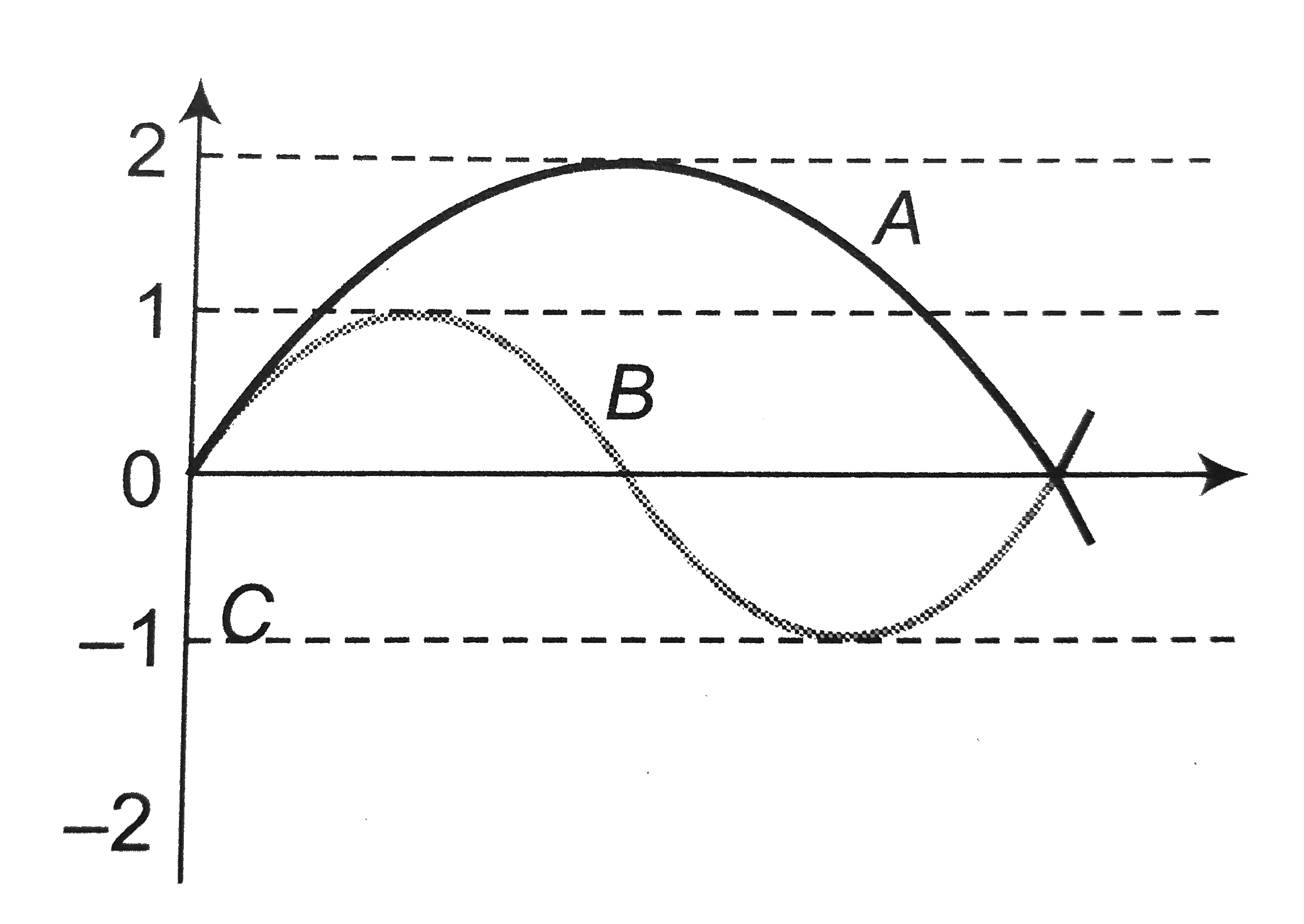
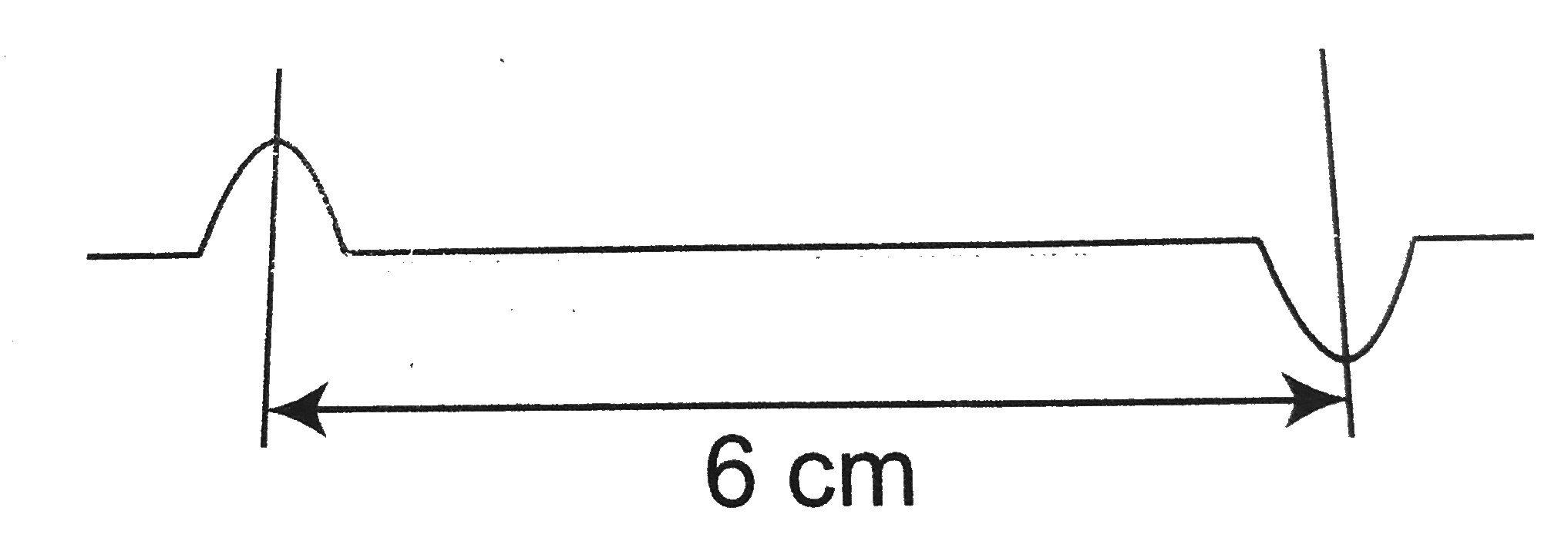
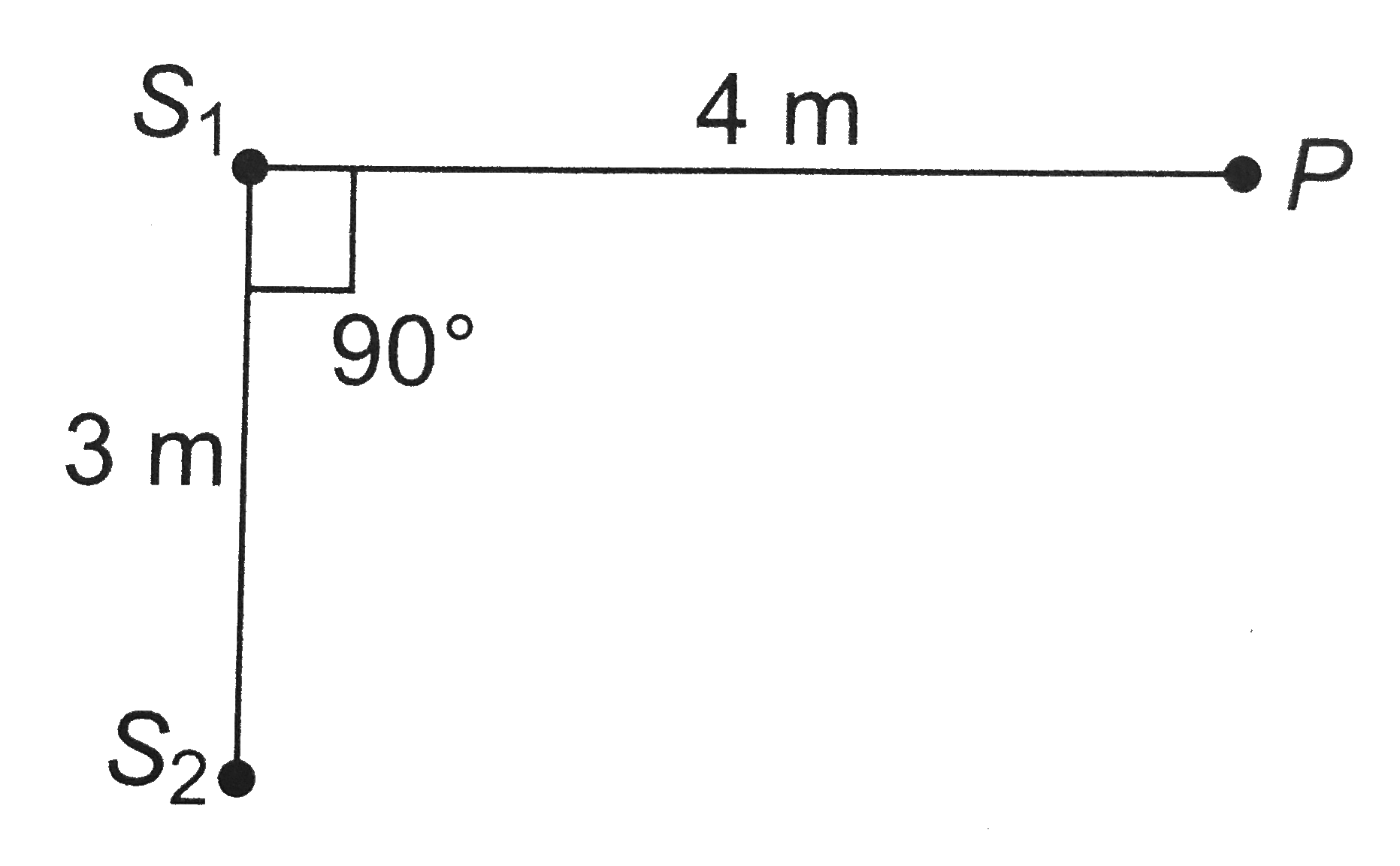
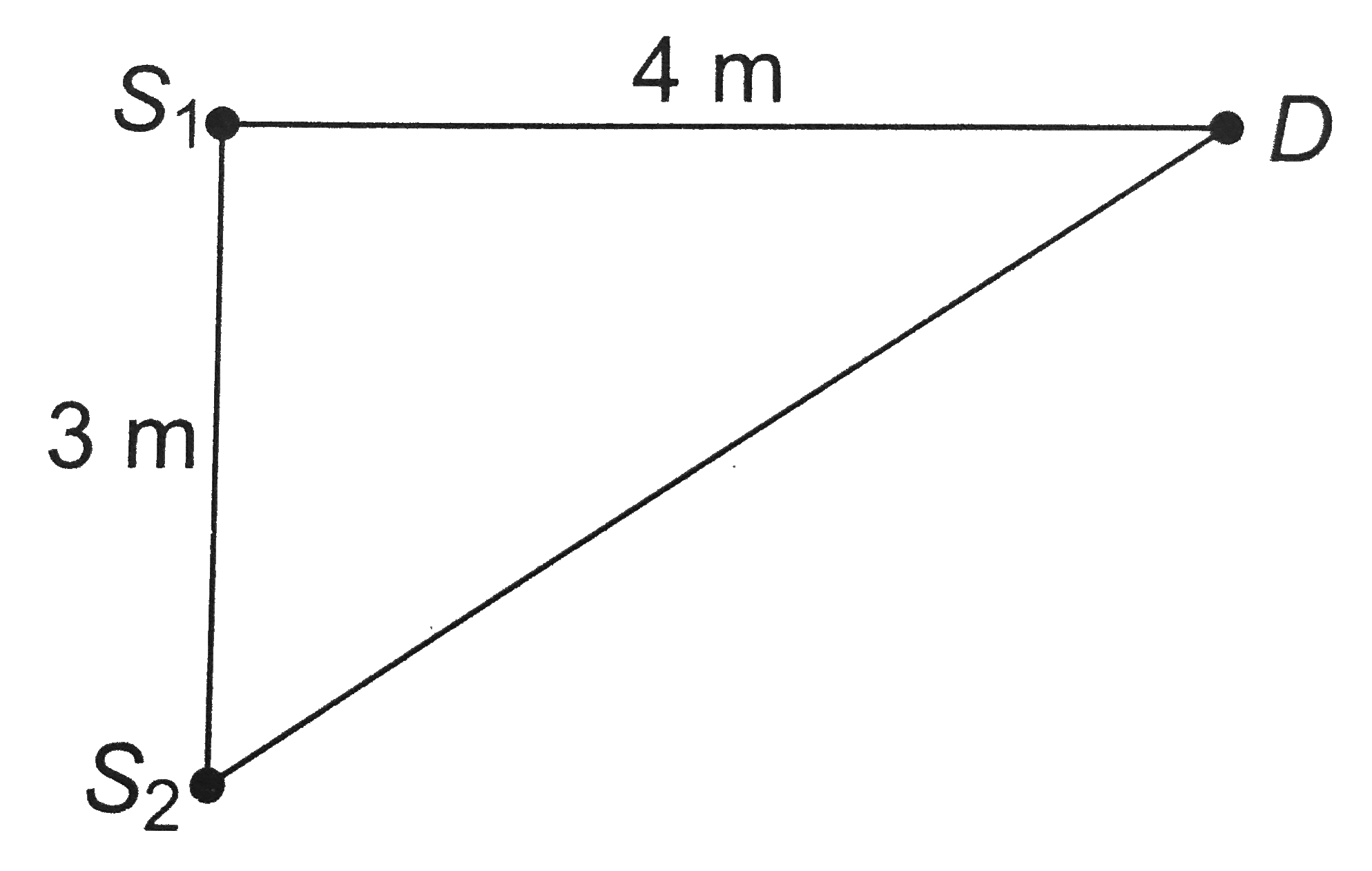
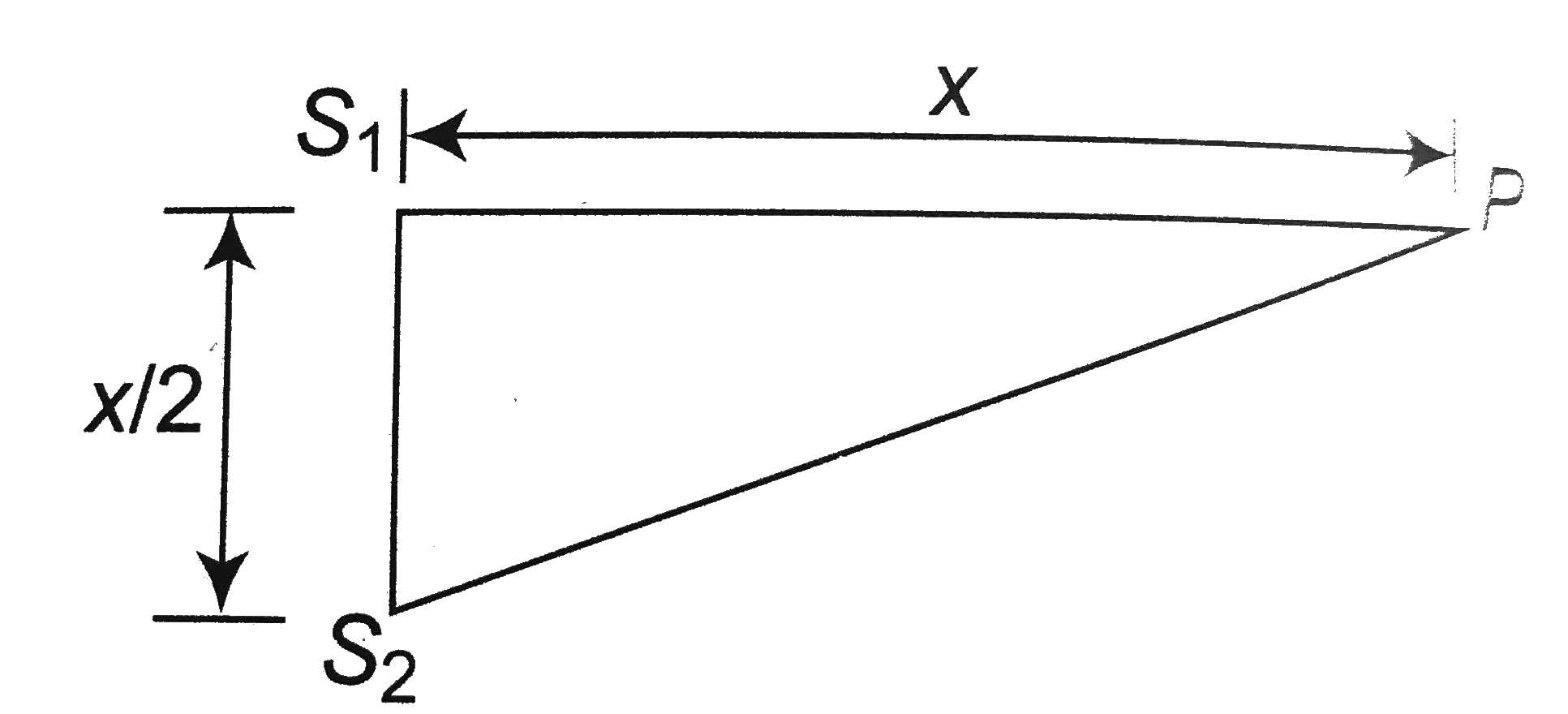
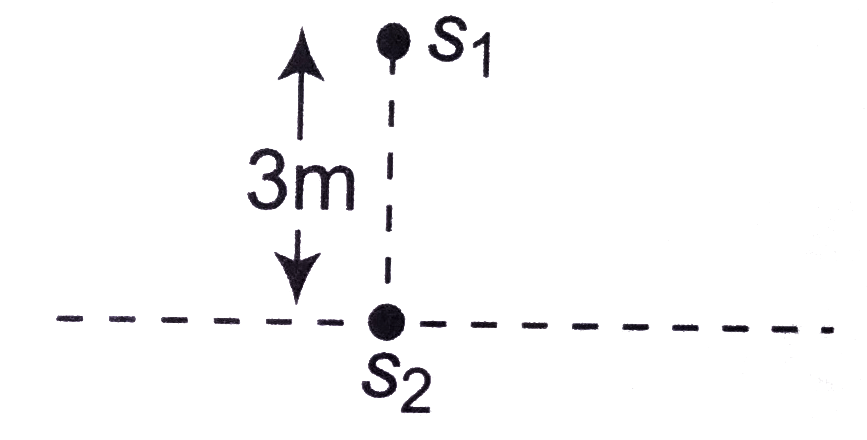
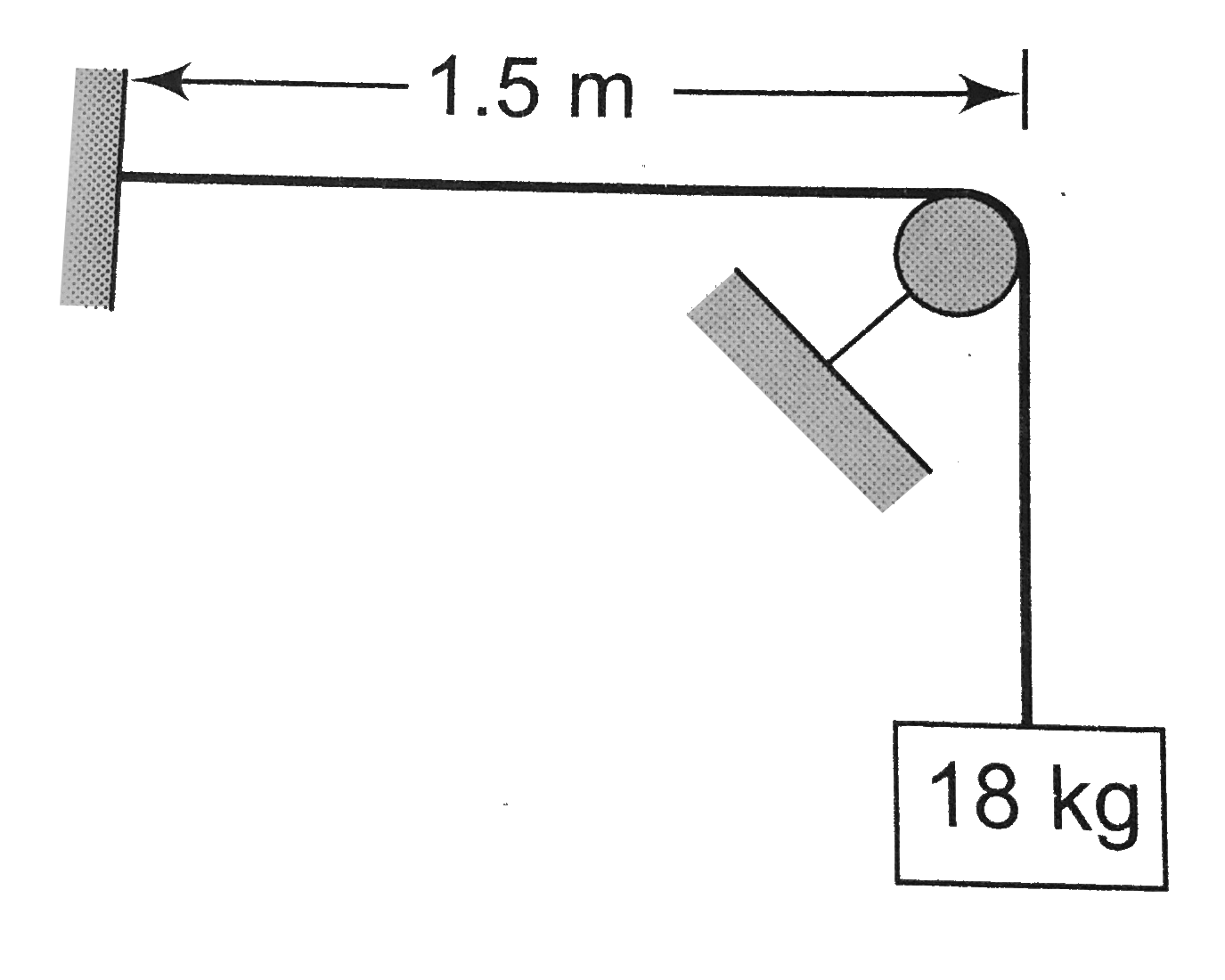
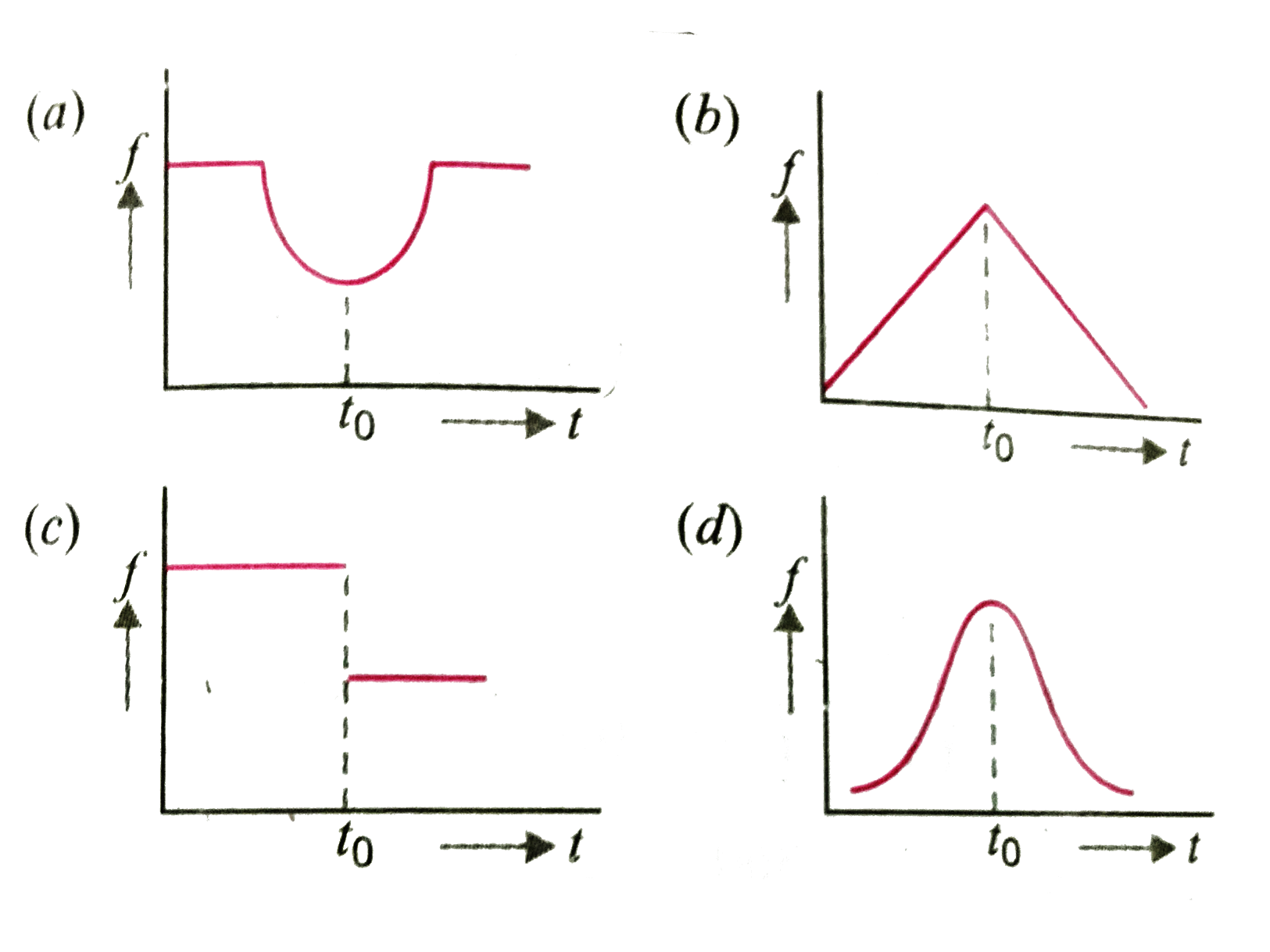
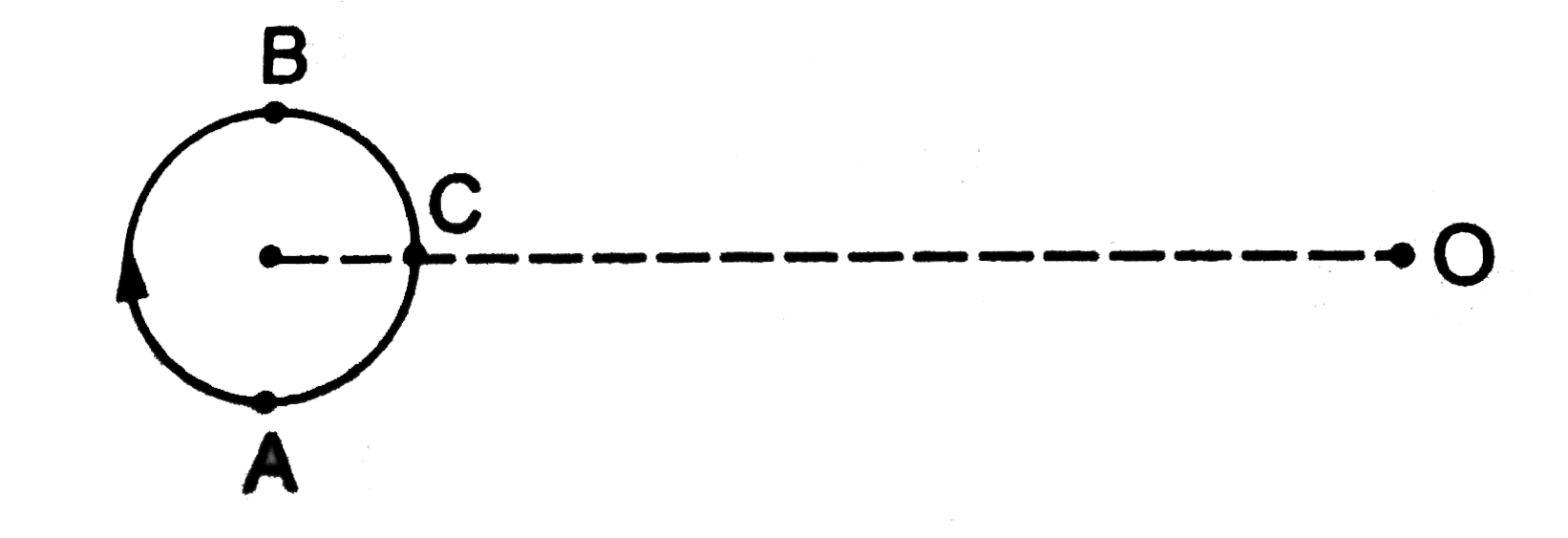 .
.